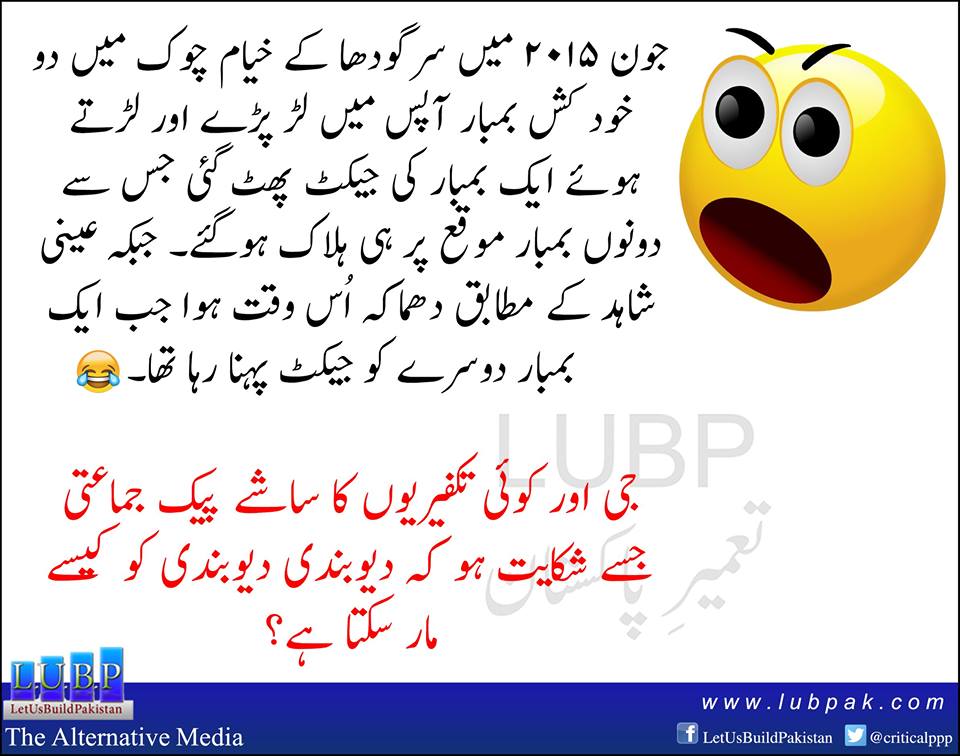The Best Guide To Barelvi
Wiki Article
4 Simple Techniques For Barelvi
Table of ContentsThe Facts About Barelvi UncoveredUnknown Facts About BarelviOur Barelvi IdeasThe Only Guide for Barelvi
Radical Islamist teams in South Asia such as the Taliban are frequently classified as Wahhabis, coming from the austere, puritanical type of Islam institutionalised in Saudi Arabia. Yet while the connections in between the Wahhabis and also the Taliban are tight, the latter really come from a various branch of the confidence.Sunni Islam is split into four orthodox colleges of law (Madhhabs), each of which is complied with in unique components of the Muslim world. A variety of ceremonies as well as petition forms likewise differ amongst the institutions. As the map over shows, Wahhabism, based in Saudi Arabia, is connected with Hanbali regulation, the strictest kind of Islamic jurisprudence.

" Sunni Muslims," Haqqani writes, have cast aside their aversion to Wahhabi teams, creating a lot of traditional Sunnis who welcome Wahhabi political and jihadi concepts without always quiting their rites and rituals." As is typically kept in mind, Saudi Arabian spiritual funding has assisted damage down the barriers between the 2 sects.
The 25-Second Trick For Barelvi
Mapping the 4 standard institutions of Sunni Islamic legislation is fairly simple, although the authors of the Wikipdia map uploaded above deserve recommendation for doing a specifically excellent job. The distinctions that really matter are not those of Madhhab, however instead are located amongst much less official as well as a lot a lot more recent "activities" within Islamic idea and method.The Deobandi activity is aligned with Wahhabism as well as breakthroughs a similarly severe, puritanical analysis of Islam. The Barelvi motion, on the other hand, safeguards a more standard South Eastern version of the faith fixated the practices of Sufi necromancy. In India as well as particularly Pakistan, tensions in between both groups can be intense, sometimes bordering on open war.
As lately reported in the, "When the Taliban took control of Buner in April 2009, they initially besieged Pir Baba's shrine. official source Taliban leader Fateh Khan said it was because the area was a center of 'infidelity and also idolatry.'" As an outcome, numerous Sufi temples are currently heavily guarded by Pakistani safety pressures.
One can, nevertheless, quickly portray their place of beginning, as both movements are called for towns in northern India: Deoband and also Bareilli. Extreme Deobandi groups are most very closely connected with Pakistan and also Afghanistan, the motion's intellectual and also spiritual heart is still the Indian city of Deoband. Its Darul Uloom Deoband is considered to be the second biggest madrasah (religious school) in the Sunni Muslim globe, adhering to only Al-Ahzar in Cairo.
Facts About Barelvi Uncovered
Strong numbers are impossible to discover, a lot of specialists keep that Barelvis significantly out-number Deobandis not simply among Indian Muslims but in Pakistan. In Pakistan, nevertheless, Deobandis have been advancing of late, as well as Barelvis pulling away. According to one price quote, "some 15 percent of Pakistan's Sunni Muslims would certainly consider themselves Deobandi, and some 60 percent are in the Barelvi practice.Early Deobandi leaders were distressed by the look at more info accomplishment of British manifest destiny as well as English-language education and learning, which they looked for to fight by cleansing their religious beliefs, removing mystical techniques as well as other developments that they deemed as opposed to the belief (Barelvi). The most hardline Deobandis concerned regard Barelvis, along with Shiites, as non-Muslim challengers deserving of attack.
Deobandi reasoning is also typical to be patriotic, relating to the neighborhood of the faithful, not the modern nation-state, as the proper Quranic political vehicle. The majority of Deobandi scholars declined the partition of British India in 1947, preferring to look for the spread of Islam in a wholehearted India. The concept of Pakistan, moreover, was initially embraced by Muslim teams disliked by the hardline Deobandis (Barelvi).
Over time, nevertheless, orthodox Sunni Islam involved dominate Pakistan. Head Of State Muhammad Zia-ul-Haq (1978-1988) strove to turn Pakistan right into a fundamentalist Sunni state, officially proclaiming the heterodox Ahmadis to be non-Muslims. Because of this, the Pakistani government significantly veered in the instructions of the harsh Deobandi activity. The link, however, is a two-edged sword for contemporary Pakistan, as the Deobandi faithful inevitably have contempt for nationwide identities and boundaries.
More About Barelvi
Critics link it to terrorist companies; the Taliban, after all, sprang out of Deobandi madrasahs in northeastern Pakistan, as did a number of other violence-prone organizations. Horrendous fatwas (spiritual rulings) do not aid its track record (Barelvi). In May 2010, a mandate that ladies can not work for wages surprised mainstream Muslim viewpoint worldwide.

As Abedin creates: On the question of so-called Wahabism I place it to Madrassi that numerous doubters of the Deoband seminary case that Deobandi beliefs are just link a little step away from full-blown Wahabism. In feedback the replacement Vice Chancellor makes a clear demarcation between both colleges of idea, before adding that if we think about the Wahabis and also the Barelvis as two extremes, the Deobandis occupy the centre ground in that continuum.
Report this wiki page